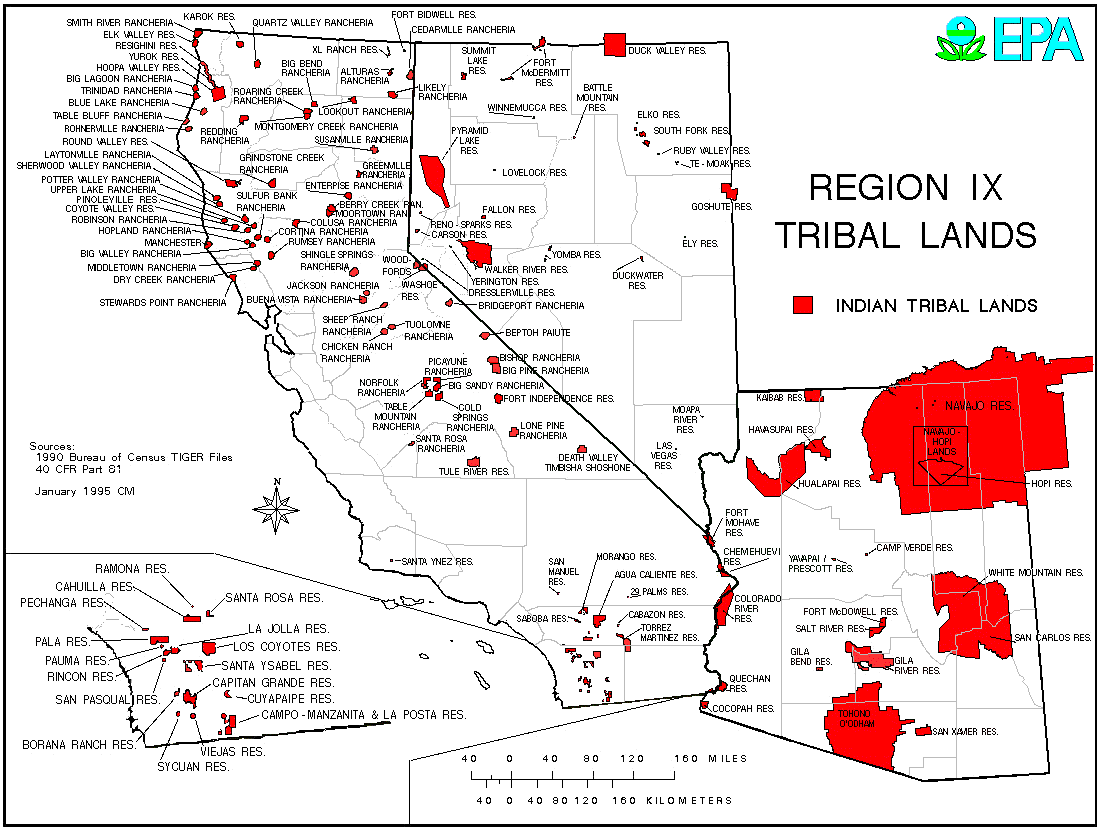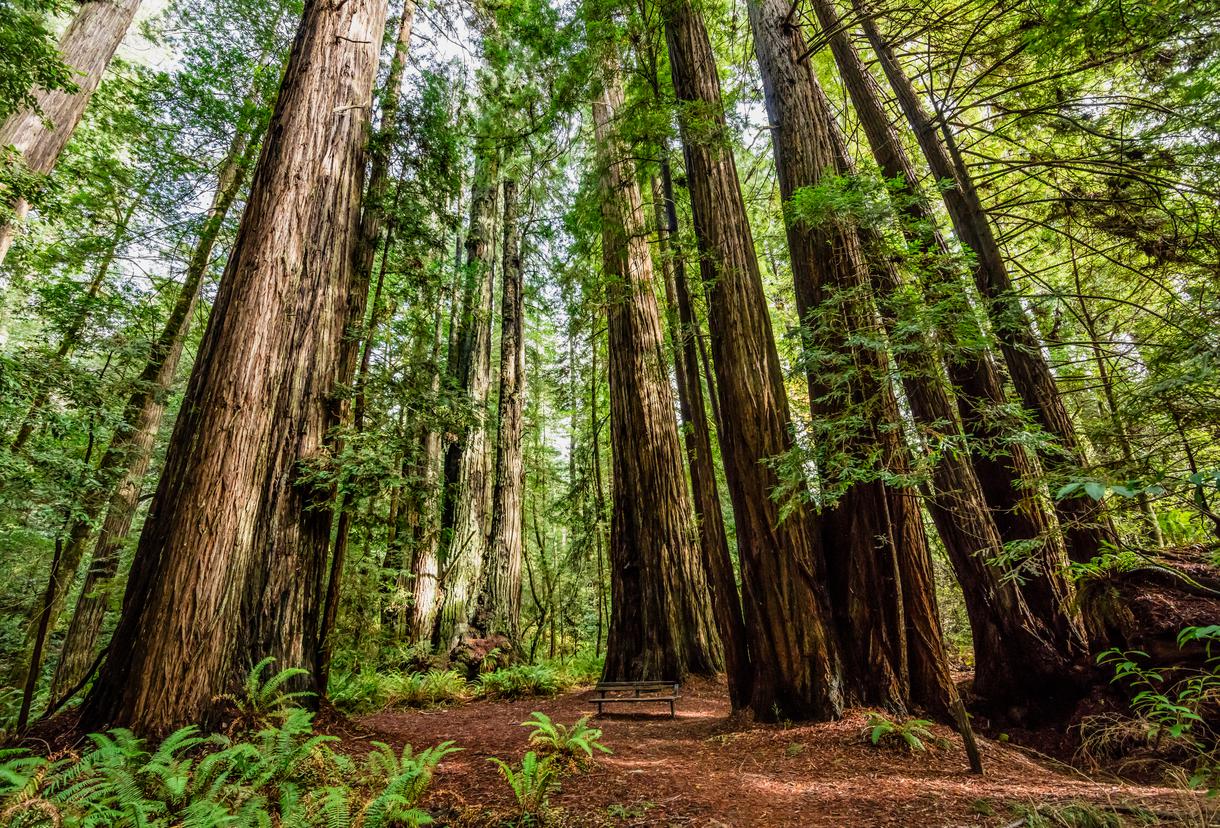Where are Indian reservations in Michigan?
Editor’s Notes: “Where are Indian reservations in Michigan” have published on 27th May, 2023″. The topic is important to read because the reservations are home to Native American tribes that have a rich history and culture. They are also important for the economy of the state, as they attract tourists and provide jobs.
Our team did some analysis, digging information, made where are indian reservations in michigan we put together this where are indian reservations in michigan guide to help target audience make the right decision.
Where are Indian reservations in Michigan?
Indian reservations in Michigan are areas of land that are held in trust by the United States government for the benefit of Native American tribes. There are 12 Indian reservations in Michigan, and they are home to over 40,000 Native Americans. The reservations are located in the northern part of the state, and they vary in size from a few hundred acres to several thousand acres.
- History: The Indian reservations in Michigan were established in the 19th century, as part of the US government’s Indian removal policy. The tribes that were forced to move to the reservations included the Ojibwe, Odawa, and Potawatomi.
- Culture: The Indian reservations in Michigan are home to a vibrant Native American culture. The tribes that live on the reservations have their own languages, traditions, and beliefs.
- Economy: The Indian reservations in Michigan are important to the state’s economy. The reservations attract tourists and provide jobs for Native Americans and non-Native Americans alike.
- Government: The Indian reservations in Michigan are governed by their own tribal governments. The tribal governments are responsible for providing services to their members, such as education, healthcare, and law enforcement.
- Challenges: The Indian reservations in Michigan face a number of challenges, including poverty, unemployment, and lack of access to healthcare.
- Opportunities: The Indian reservations in Michigan also have a number of opportunities, including the potential for economic development and tourism.
- Future: The future of the Indian reservations in Michigan is uncertain. The tribes that live on the reservations are working to preserve their culture and traditions, while also seeking to improve their economic and social conditions.
The Indian reservations in Michigan are a unique and important part of the state’s history and culture. They are home to a vibrant Native American community, and they play an important role in the state’s economy. The reservations face a number of challenges, but they also have a number of opportunities. The future of the reservations is uncertain, but the tribes that live on them are working to preserve their culture and traditions, while also seeking to improve their economic and social conditions.
FAQs about “Where are Indian reservations in Michigan”
This section answers common questions about Indian reservations in Michigan. The questions and answers are written in a friendly and informative style, making them easy to understand.
Question 1: Where are the Indian reservations in Michigan?
Answer: The Indian reservations in Michigan are located in the northern part of the state. The 12 reservations range in size from a few hundred acres to several thousand acres.
Question 2: Who lives on the Indian reservations in Michigan?
Answer: The Indian reservations in Michigan are home to over 40,000 Native Americans, including members of the Ojibwe, Odawa, and Potawatomi tribes.
Question 3: What is the history of the Indian reservations in Michigan?
Answer: The Indian reservations in Michigan were established in the 19th century as part of the US government’s Indian removal policy.
Question 4: What is the culture of the Indian reservations in Michigan?
Answer: The Indian reservations in Michigan are home to a vibrant Native American culture. The tribes that live on the reservations have their own languages, traditions, and beliefs.
Question 5: What is the economy of the Indian reservations in Michigan?
Answer: The Indian reservations in Michigan are important to the state’s economy. The reservations attract tourists and provide jobs for Native Americans and non-Native Americans alike.
Question 6: What are the challenges facing the Indian reservations in Michigan?
Answer: The Indian reservations in Michigan face a number of challenges, including poverty, unemployment, and lack of access to healthcare.
Summary: The Indian reservations in Michigan are a unique and important part of the state’s history and culture. They are home to a vibrant Native American community, and they play an important role in the state’s economy. The reservations face a number of challenges, but they also have a number of opportunities. The future of the reservations is uncertain, but the tribes that live on them are working to preserve their culture and traditions, while also seeking to improve their economic and social conditions.
Transition to the next article section: For more information about the Indian reservations in Michigan, please visit the websites of the Michigan Department of Natural Resources and the Michigan Economic Development Corporation.
Tips for visiting Indian reservations in Michigan
Visiting Indian reservations in Michigan can be a rewarding experience. Here are a few tips to help you make the most of your visit:
Tip 1: Be respectful.
When visiting an Indian reservation, it is important to be respectful of the people and their culture. This means dressing modestly, avoiding loud noises, and not taking photographs without permission.
Tip 2: Learn about the culture.
Before you visit an Indian reservation, take some time to learn about the culture of the tribe that lives there. This will help you to understand their traditions and customs, and to avoid any.
Tip 3: Support the local economy.
One of the best ways to support Indian reservations is to patronize local businesses. This includes buying souvenirs, eating at restaurants, and staying in hotels on the reservation.
Tip 4: Be aware of your surroundings.
When visiting an Indian reservation, be aware of your surroundings and take precautions to stay safe. This includes locking your car, not walking alone at night, and being aware of any potential hazards.
Tip 5: Have fun!
Visiting Indian reservations in Michigan can be a fun and educational experience. Be sure to take your time, ask questions, and learn about the unique culture of each tribe.
Summary: By following these tips, you can help to ensure that your visit to an Indian reservation in Michigan is a positive and respectful experience.
Transition to the article’s conclusion: For more information about Indian reservations in Michigan, please visit the websites of the Michigan Department of Natural Resources and the Michigan Economic Development Corporation.
Conclusion
Indian reservations in Michigan are a unique and important part of the state’s history and culture. They are home to a vibrant Native American community, and they play an important role in the state’s economy. The reservations face a number of challenges, but they also have a number of opportunities. The future of the reservations is uncertain, but the tribes that live on them are working to preserve their culture and traditions, while also seeking to improve their economic and social conditions.
If you are interested in learning more about Indian reservations in Michigan, there are a number of resources available online. You can visit the websites of the Michigan Department of Natural Resources and the Michigan Economic Development Corporation. You can also visit the websites of the individual tribes. Many of the reservations have museums and cultural centers that are open to the public. You can learn more by contacting Michigan Indian Tourism Association (MITA) at (517) 377-1141.


